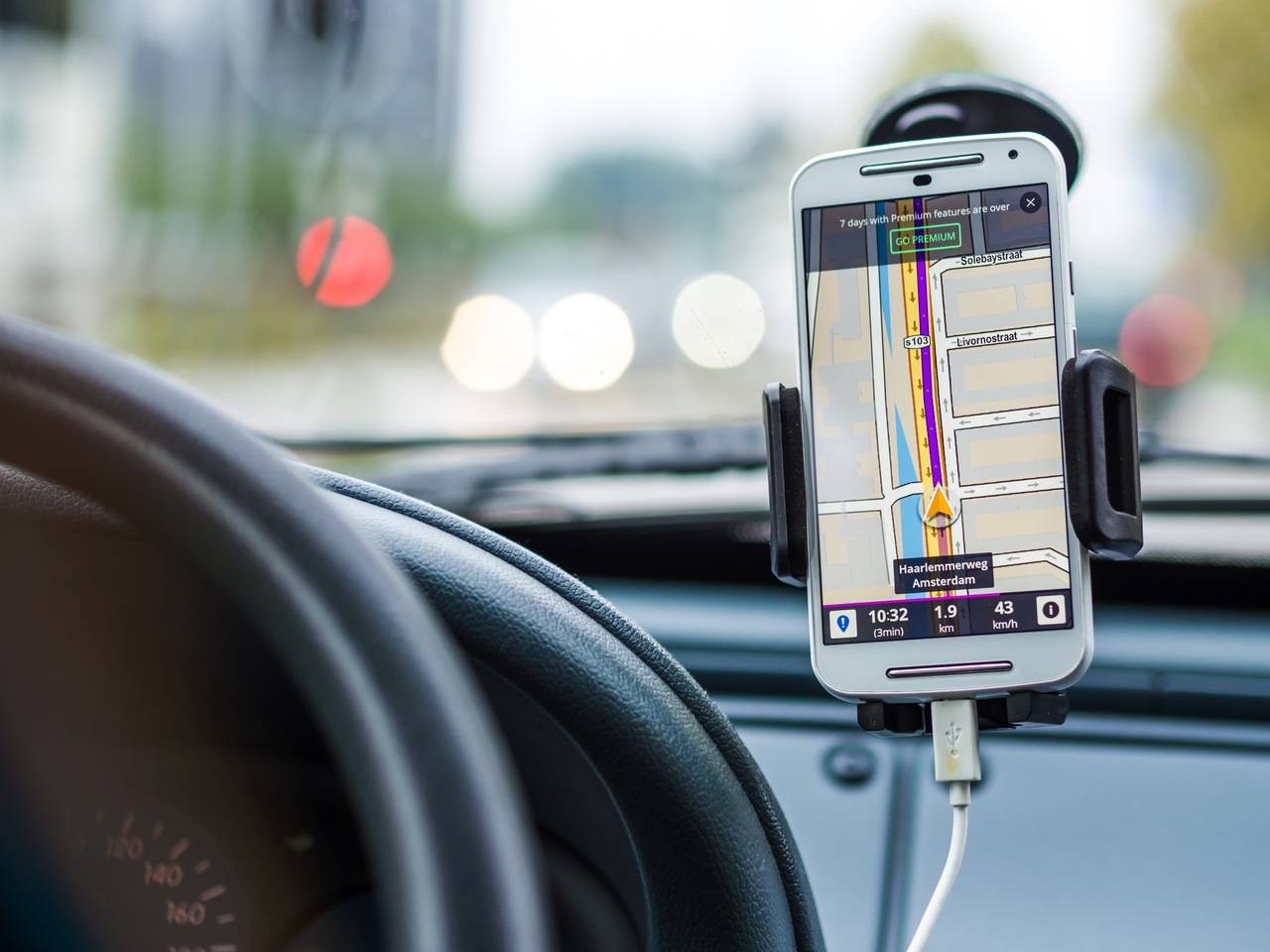In the past decades alone, we’ve seen an explosive growth in technology. From machines that fold your laundry for you, to self-driving cars, technology has become interwoven into the very fabric of our lives. But for good reason. Technology ultimately enables us to lead more comfortable lives, even more so if you are one of the 53 million Americans who suffer from a disability or mobility issue.
Technology geared towards improving the life of people with disabilities isn’t necessarily new. However, the ease of access to such devices is a new phenomenon. Whether it’s an app that enables users to access handicap friendly maps, or reading devices for the visually impaired, there’s no doubt that technology is simplifying the daily life of those with disabilities. Here are four of our favorite high-tech devices that are helping those with mobility issue lead more active and fulfilling lives.
AXS Map
AXS Map is an interactive map that provides up-to-date information about wheelchair-accessible ramps in public locations such as restaurants and shopping malls. This allows users to navigate potentially difficult situations and terrain with ease. Users can also rate the location depending on how “user-friendly” the ramps and access points are to navigate.
Liftware
Liftware is a detachable handle with self-stabilizing technology imbedded to help patients who suffer from motion disorders or frequent tremors. The handle stabilizes up to 70% of movement and helps the user to feed themselves.
Chair Lifts
Lift chairs are often used by people with mobility issues, the elderly and others who may have short-term injuries. Chair lifts are designed to lean forward and lift so that occupants will have to apply less pressure to bones, joints in muscles to stand.
Self-Driving Cars
The notion of self-driving cars has been around since the earliest vehicle, but they just recently started to become an actual reality. Automakers predict that by 2020, the first wave of autonomous cars may be on the roads. This is a huge win for people with disabilities, and would grant them the independence and confidence to venture out into the world.



